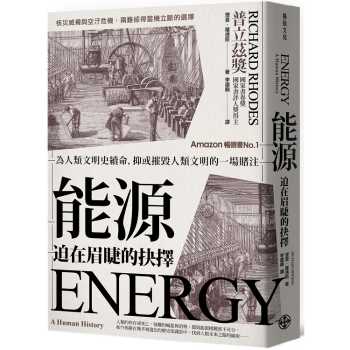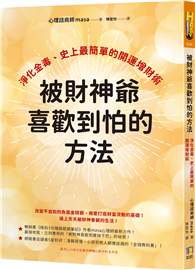"A Collection of the Charges, Opinions, and Sentences of General Courts Martial" is an invaluable resource for understanding military law and justice from 1795 onward. Compiled by Charles James and Benno Loewy, this comprehensive collection serves as an essential appendix to Alexander Fraser Tytler’s treatise on military law. This book presents a meticulously organized compilation of cases and references, offering detailed insights into the charges, opinions, and sentences rendered by general courts martial during a transformative period in military history. It offers a glimpse into the legal proceedings and disciplinary measures that shaped military conduct and governance.
Researchers, legal scholars, and historians will find this volume an indispensable source for examining the evolution of military jurisprudence and its application in real-world scenarios. The cases presented offer a rich tapestry of legal precedents and judicial interpretations, providing a unique window into the complexities of military law. Its enduring appeal lies in its comprehensive coverage and its meticulous documentation of legal practices, making it an essential addition to any legal or historical collection.
This work has been selected by scholars as being culturally important, and is part of the knowledge base of civilization as we know it. This work was reproduced from the original artifact, and remains as true to the original work as possible. Therefore, you will see the original copyright references, library stamps (as most of these works have been housed in our most important libraries around the world), and other notations in the work.
This work is in the public domain in the United States of America, and possibly other nations. Within the United States, you may freely copy and distribute this work, as no entity (individual or corporate) has a copyright on the body of the work.
As a reproduction of a historical artifact, this work may contain missing or blurred pages, poor pictures, errant marks, etc. Scholars believe, and we concur, that this work is important enough to be preserved, reproduced, and made generally available to the public. We appreciate your support of the preservation process, and thank you for being an important part of keeping this knowledge alive and relevant.











